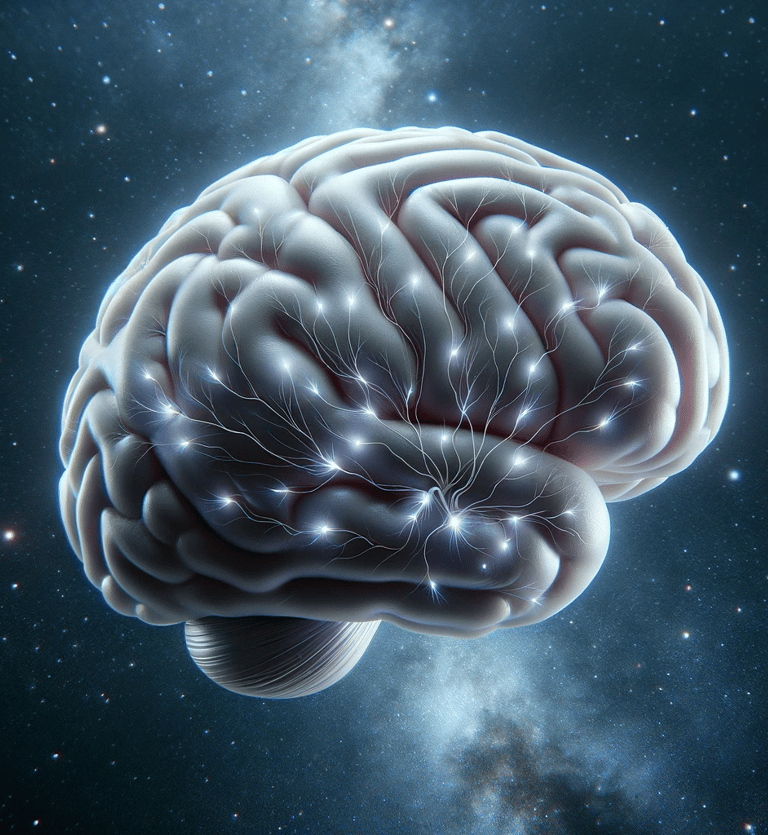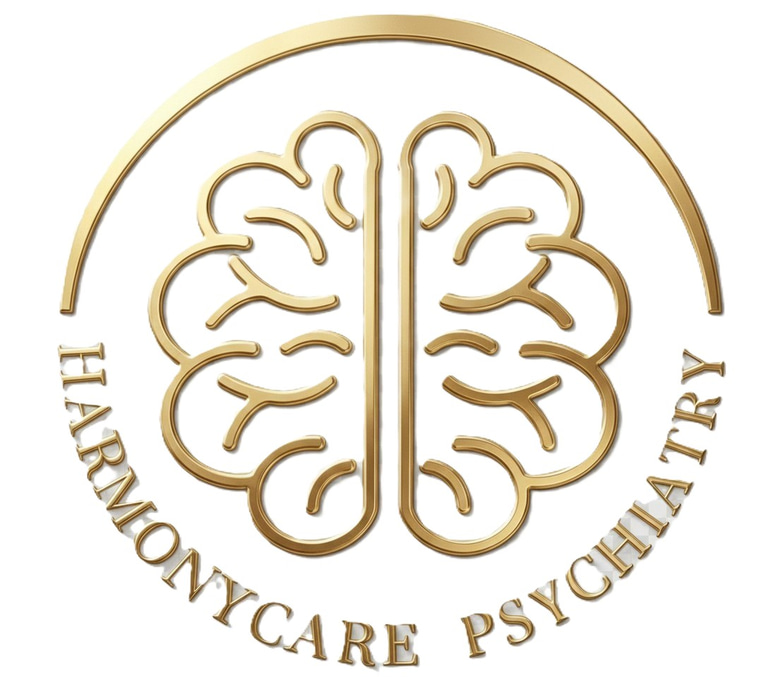Your Path to Mental Harmony
Understanding Transcranial Magnetic Stimulation
TMS
In our continuous effort to offer advanced treatment options at our clinic , we are pleased to introduce Transcranial Magnetic Stimulation (TMS) – an innovative, FDA-approved therapy for mental health conditions. This article aims to educate our patients and their families about TMS, its benefits, and how it is transforming the landscape of psychiatric treatment.
What is Transcranial Magnetic Stimulation (TMS)?
Transcranial Magnetic Stimulation is a non-invasive procedure that uses magnetic fields to stimulate specific areas of the brain. This stimulation can help regulate mood and is particularly beneficial in treating conditions like major depressive disorder. TMS has gained FDA approval, ensuring its safety and effectiveness in clinical use.
How Does TMS Work?
During a TMS session, a magnetic coil is placed near the forehead. This coil generates brief magnetic pulses, which pass through the skull and stimulate brain cells involved in mood control and depression. The process is painless and does not require sedation; patients remain awake and can resume their daily activities immediately after each session.
Who Can Benefit from TMS?
TMS is especially useful for patients who have not found relief from traditional depression treatments, such as antidepressants. It's also an alternative for those seeking a non-pharmacological approach. However, TMS is not suitable for everyone. A thorough evaluation by a qualified psychiatrist is necessary to determine if TMS is an appropriate treatment option.
FDA approved indications list: (*),(**)
Treatment-resistant depression
Obsessive-compulsive disorder
Posttraumatic stress disorder
Tourette disorder
Chronic pain syndrome
Generalized anxiety disorder (GAD)
Bipolar disorder
Movement disorders such as Parkinson disease, functional tremors, focal epilepsy, cortical myoclonus, spasticity.
cigarrete cessations
side effects:
what are the side effects: (***)
common Mild scalp discomfort, headaches, facial muscle reactions.Symptoms usually lessen after sessions and decrease with ongoing treatment.
Uncommon Side Effects of TMS: Rare cases of seizures, mania in bipolar disorder patients, and potential hearing loss without ear protection.
Long-term effects are currently under investigation.
What to Expect in a TMS Session
At our clinic, TMS therapy is conducted in a comfortable and relaxing environment. During the session, you will sit in a reclining chair, and a trained technician will place the magnetic coil. While you might hear a clicking sound and feel a tapping sensation during the session, most patients find it easy to tolerate.
Sessions last up to 30 minutes and are usually conducted 5 days a week for 4-6 weeks, However, it's important to note that this is a general guideline; the actual frequency and duration of treatment are customized to suit each patient's unique circumstances and medical needs. This schedule allows patients to integrate treatment into their daily lives with minimal disruption
Our Commitment to Your Mental Health
Our clinic is dedicated to providing comprehensive psychiatric care, and the inclusion of TMS therapy is part of our commitment to offering the latest and most effective treatments. We understand that each patient's journey is unique, and we are here to support you with personalized care and attention.
We invite you to contact us to learn more about TMS and how it can be a part of your journey towards mental wellness.
references
(*) https://www.ncbi.nlm.nih.gov/books/NBK568715/
(***) https://www.mayoclinic.org/tests-procedures/transcranial-magnetic-stimulation/about/pac-20384625


Contacts
info@harmonycarepsychiatry.com
Subscribe to our newsletter
P: 914-352-9088
F: 914-398-6213
